Certificate in Professional Communication - Civil Engineering

学历文凭
Bachelor Degree

专业院系
土木工程

开学时间

课程时长

课程学费

国际学生入学条件
Official High School TranscriptsRequired grade average - Minimum admission average - 70%
IDP—雅思考试联合主办方

雅思考试总分
6.5
了解更多
- 雅思总分:6.5
- 托福网考总分:86
- 托福笔试总分:160
- 其他语言考试:PTE Academic - Overall score of 63 With minimum individual skills scores of Reading 59, Listening 59, Speaking 59, Writing 59
CRICOS代码:
申请截止日期:请 与IDP联系 以获取详细信息。
课程简介
Civil engineers build our physical world - roads and buildings, bridges and tunnels, airports and subway systems, water and sewage systems. They may specialize in foundation analysis, building and structural inspection, surveying and municipal planning.We’ve redesigned first-year engineering at USask to help you succeed and make engineering more fun. We call the new first year RE-ENGINEERED. It’s the only program of its kind in Canada. It will get you excited and inspired about engineering.In RE-ENGINEERED, instead of high-stakes exams, you will do more assignments and quizzes so you can improve your mark if you stumble early. Daily tutorials are part of the schedule so you can get help when you need it. And instead of final exams, you will explore the different branches of engineering in hands-on courses.You will choose your engineering specialty – known as your major, or discipline – at the end of your first year. This is the area you will study in-depth in your upper-years classes.
相关申请

预科

奖学金

实习机会

在校学习

跨境学习

校园授课-线上开始

在线/远程学习
学校排名
世界排名
401
数据源:泰晤士高等教育世界大学排名
关于萨斯喀彻温大学
本校相关课程
U-Prep频道
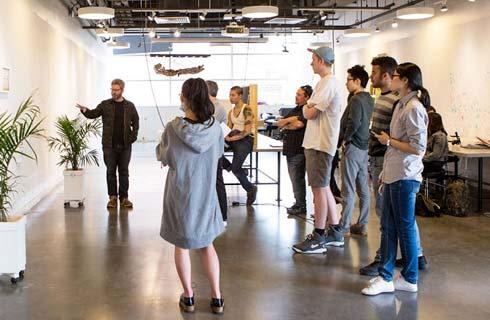
学历文凭
English Language
下一个开始日期
课程费用总额
写作美术硕士

学历文凭
Masters Degree
下一个开始日期
课程费用总额
兽医病理学兽医学硕士
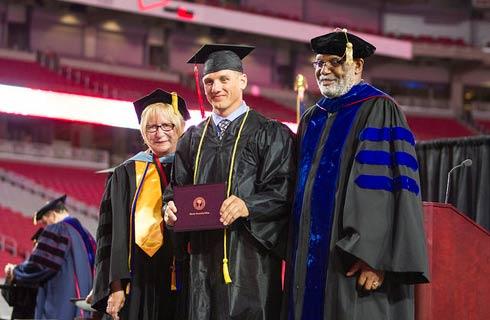
学历文凭
Masters Degree
下一个开始日期
课程费用总额
兽医病理学理学硕士

学历文凭
Masters Degree
下一个开始日期
课程费用总额
兽医病理学博士
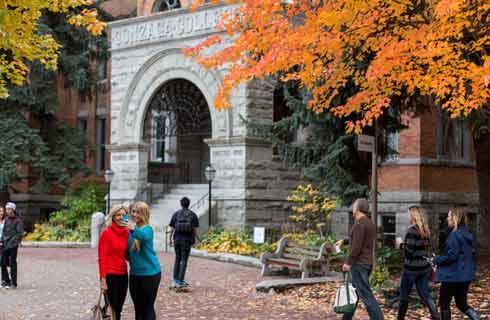
学历文凭
Ph.D.
下一个开始日期
课程费用总额
兽医微生物学博士

学历文凭
Ph.D.
下一个开始日期
课程费用总额
其他相关课程
Bachelor of Science in Civil Engineering

伦斯勒理工学院
泰晤士高等教育世界大学排名:554
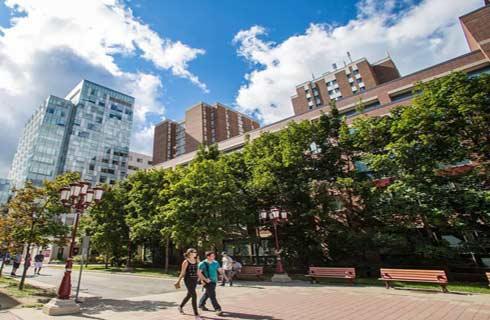
学历文凭
Bachelor Degree
下一个开始日期
课程费用总额
Bachelor of Science in Civil Engineering

中佛罗里达大学-Shorelight
泰晤士高等教育世界大学排名:
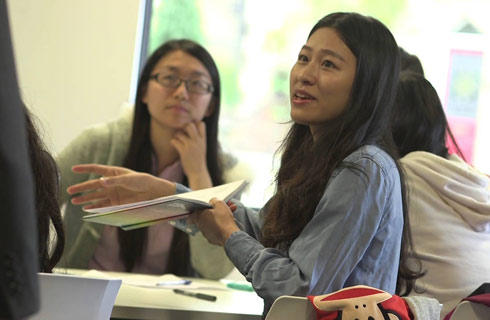
学历文凭
Bachelor Degree
下一个开始日期
课程费用总额
土木工程学士学位

圣地亚哥州立大学
泰晤士高等教育世界大学排名:1107
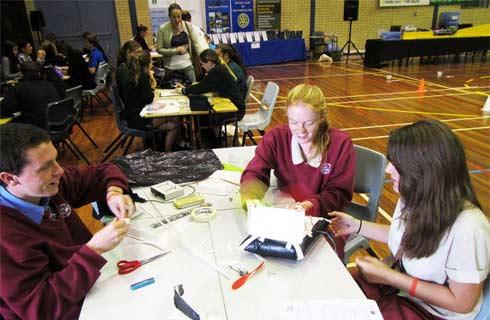
学历文凭
Bachelor Degree
下一个开始日期
课程费用总额
Master of Science in Civil Engineering

爱荷华州立大学
泰晤士高等教育世界大学排名:431

学历文凭
Masters Degree
下一个开始日期
课程费用总额
Doctor of Philosophy in Civil Engineering

湖首大学
泰晤士高等教育世界大学排名:1080

学历文凭
Ph.D.
下一个开始日期
课程费用总额
土木工程理学硕士

密西西比州立大学
泰晤士高等教育世界大学排名:684
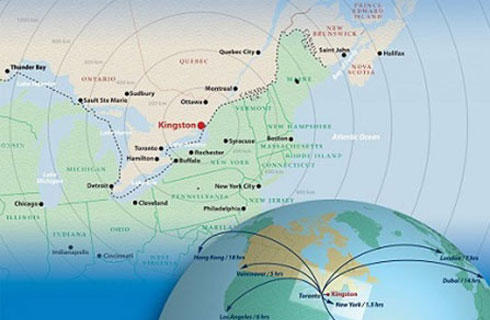
学历文凭
Masters Degree
下一个开始日期
课程费用总额




